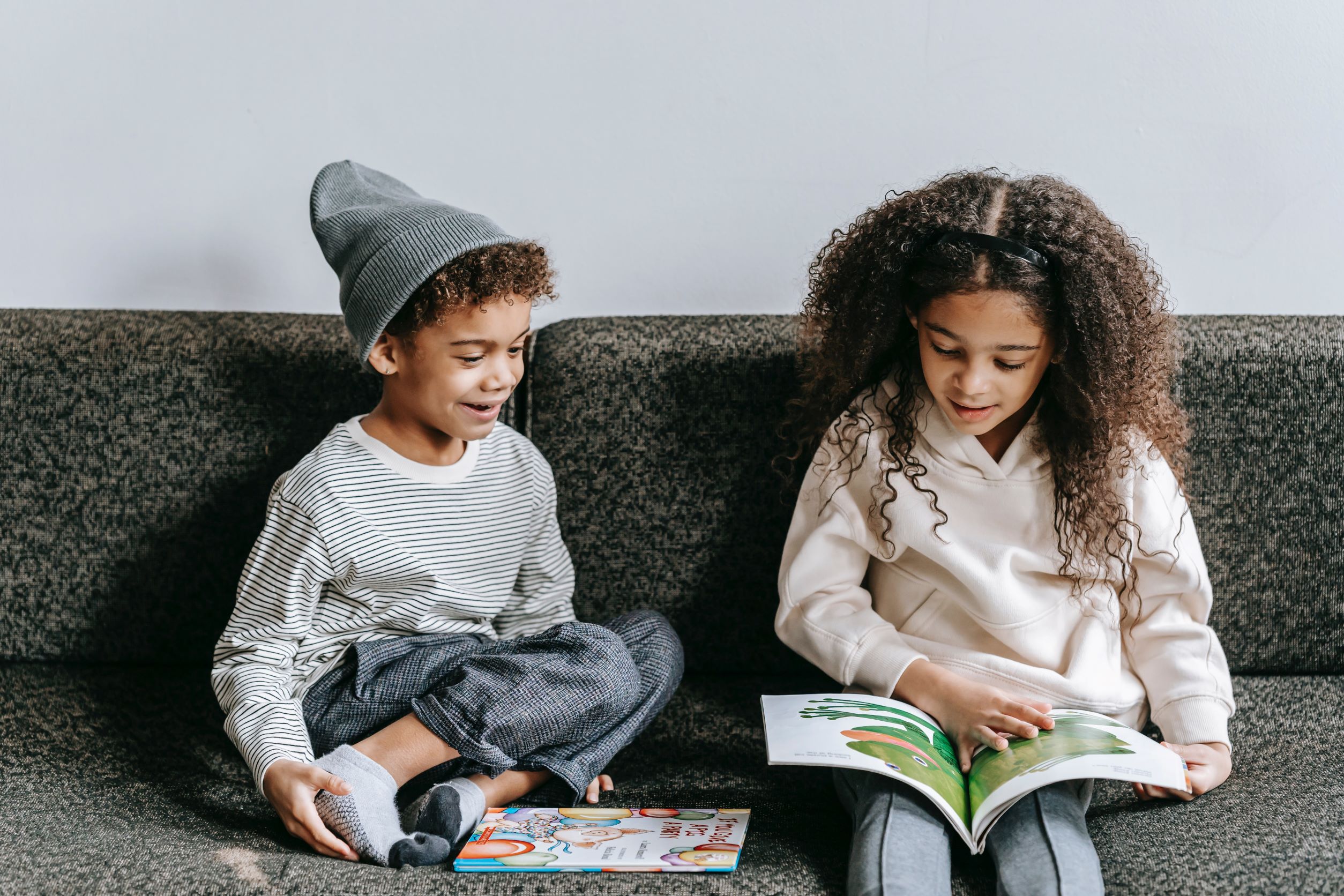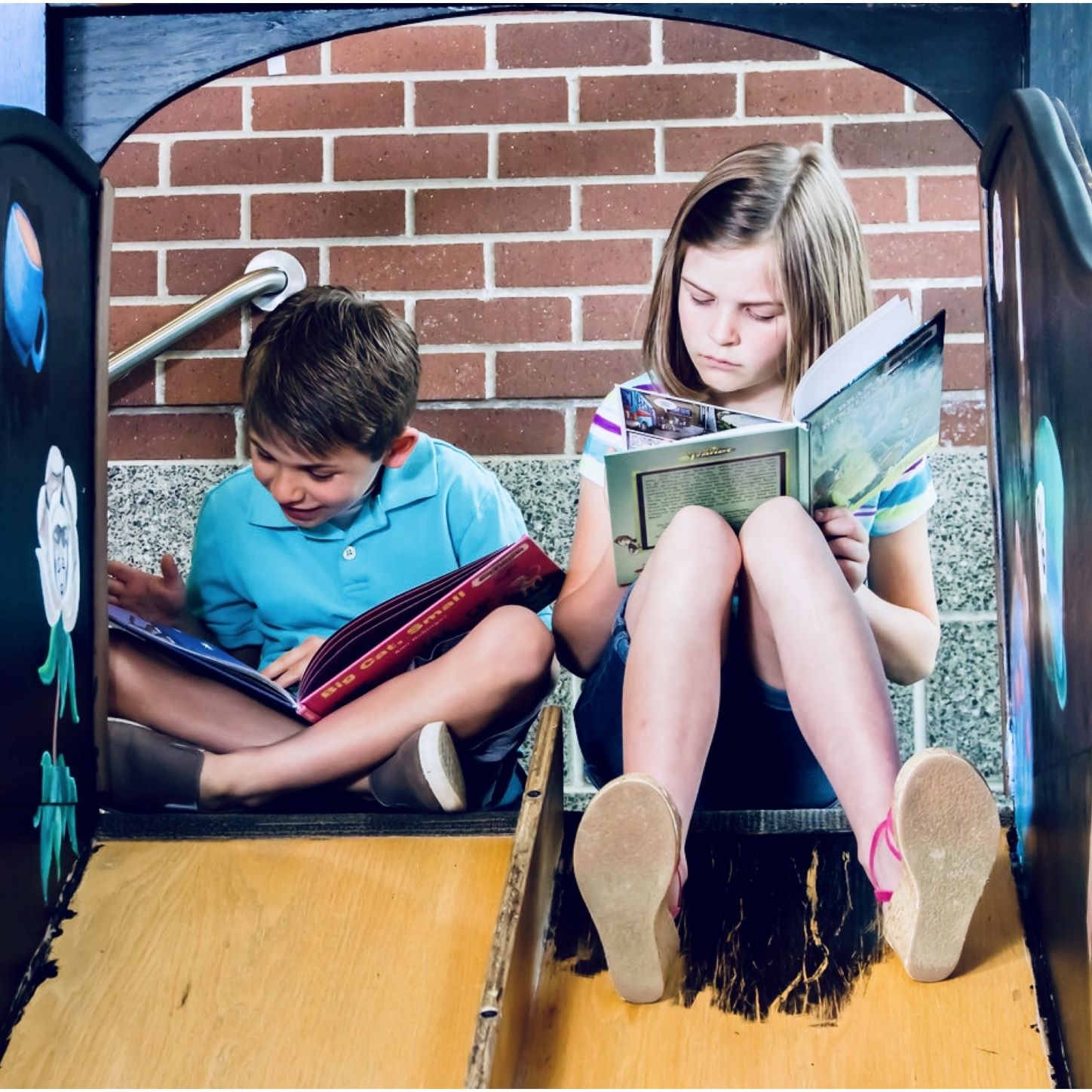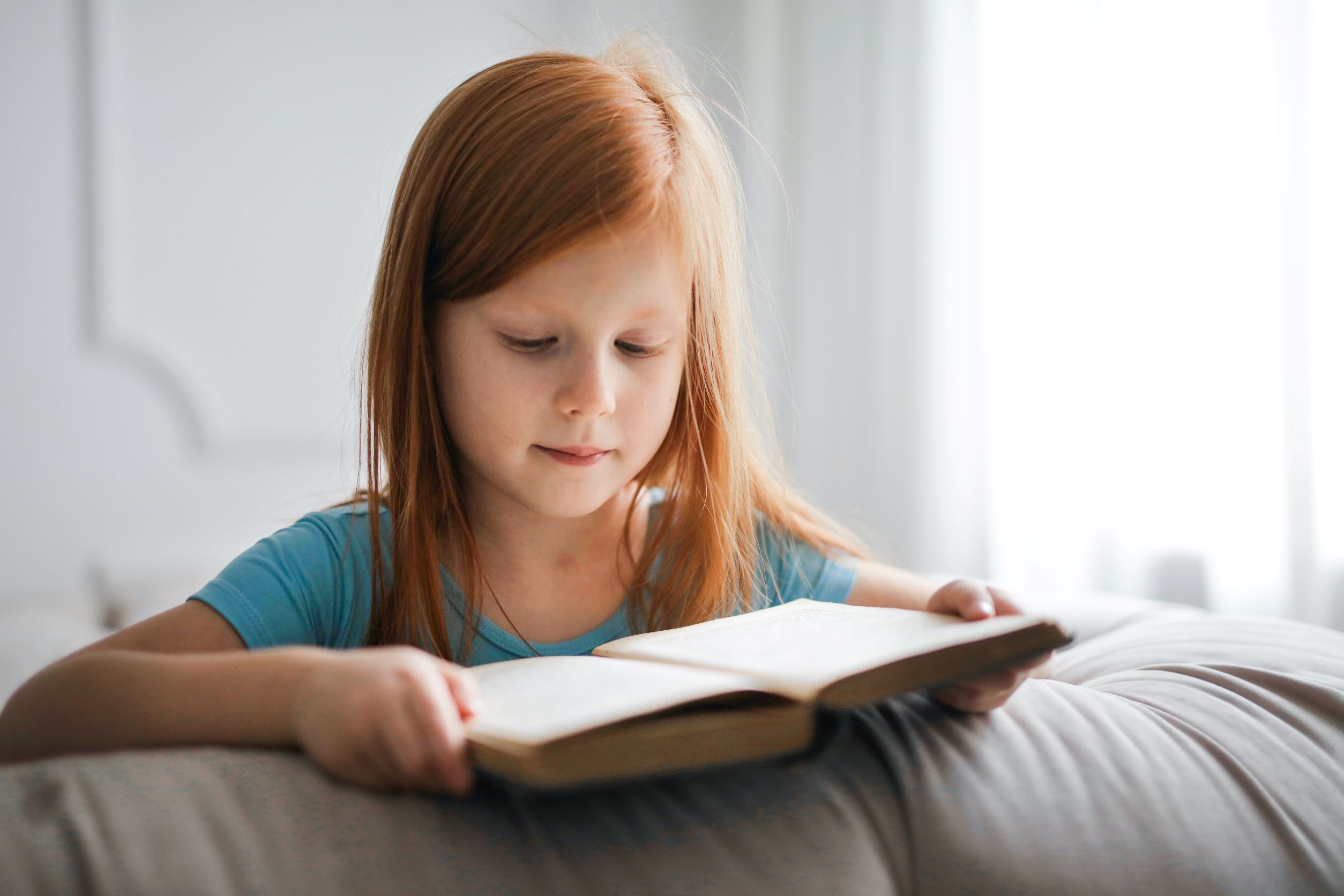
The books of our youth
In honour of #WorldKidLitMonth, a month to celebrate (translated) world literature for kids and teens, we at Klein Wolf Peters took a few moments to reminisce about our own favourite stories for young people.
Kristin Fehlauer: When I reflect on favorite books from my childhood, my thoughts go first to Alice in Wonderland, Nancy Drew, and the books of Madeleine L’Engle. However, since this month emphasizes literature in translation, I’d like to talk a bit about Grimms’ Fairy Tales. They seem to be a less obvious choice than the others I mentioned, probably because they are so ubiquitous. You know these stories, even if you didn’t read them on your own. Rapunzel, Snow White and Rose Red, Rumpelstiltskin—these were probably the first things I read or heard that gave me an idea of what Europe might be like. How amazing, then, to come here as a grownup and see places like the pictures in those books! To see statues and plaques commemorating small, long-forgotten kingdoms and heroines; to actually visit the Pied Piper’s Hamelin and the Bremen of the famed animal musicians. It’s a fairy tale in itself!

Maria Wolf: As a child, I would climb every tree that was too slow to get out of my way. Helpless in the face of this determination, my parents opted instead to avert their eyes and put their trust in my motor skills – and probably in the good Lord above as well. Nonetheless they often read aloud to me a children’s book that contained a particular illustration. It depicted a young girl whose hair had got stuck in a tree, leaving her up there hanging. I can’t quite recall exactly how the story went or what the verse was, except for one memorable line: “… and we’ll get her down – tomorrow.”
Richard Peters: My siblings and I had the luxury of growing up in a bilingual household, with books in both English and German. One book that simultaneously fascinated and appalled us was the German children’s classic “Struwwelpeter”. This compendium of what befalls young children who don’t behave is truly shocking – off the top of my head, here are the vignettes that still haunt me: Don’t suck your thumb, else the Scissor Man will come and snip it off. Don’t stare absentmindedly into the sky when you’re out and about, else you’ll fall in the water and drown. Don’t play with matches, else you and everyone you care about will burn to a crisp. It’s a rollercoaster ride of gothic horror really! But it does contain one tale with a surprisingly modern message, albeit written in non-PC language, about diversity and acceptance: Don’t laugh at people just because skin is a different colour to your own.

Julia Harwardt: The wellspring of my love for playing with words and language (and probably the reason I chose this career) is most likely to be found in books like “Katze mit Hut” (Cat with Hat) by Desi and Simon Ruge, “Der satanarchäolügenialkohöllische Wunschpunsch” (The Night of Wishes, or: The Satanarchaeolidealcohellish Notion Potion) by Michael Ende and Christian Morgenstern’s “Galgenlieder” (Gallows Songs) – although that last one isn’t a children’s book per se. When I was growing up, books were my everything. I still enjoy reading today, even if I sadly no longer have quite the same enthusiasm and focus I had as a young reader, when I could forget the world as I devoured detective stories, tales of adventure, and deliciously scary mysteries. Whenever the “bookmobile” (a kind of public library on wheels) finally returned to my town after what seemed like an eternity of waiting, it was always the highlight of my week.
Colin Rae: When I was about eight years old, I read and reread a book called Thirteen Ways to Sink a Sub, by Jamie Gilson. Set in a US elementary school, it’s about a fourth-grade class that gets a substitute teacher, or “sub”, and immediately pursues the tradition of seeing who can make the sub cry first: boys or girls. As the first book I’d read by an American author, it heightened my awareness that there were other forms of English out there. If the story had been set in the UK, I would’ve said primary school, primary four class, and supply teacher. It seems that I started sharpening my localisation skills at an early age!

Solveig Rose-Mollard: I was three when I discovered my first favourite book: Mog and Bunny by Judith Kerr. Soon after, I could already recite passages from Wilhelm Busch’s Max and Moritz. My parents nurtured my love of books by reading me stories every night, stories like those by Astrid Lindgren of Pippi Longstocking fame. Learning to read for myself amplified my addiction. On the school bus, instead of homework, at night under the covers with a torch, on the briefest of car rides, or whenever I had to wait: I would read anytime, anyplace – whether or not I was supposed to be doing something else. The Little Vampire (Der kleine Vampir by Angela Sommer-Bodenburg), all kinds of Enid Blyton stories, and Michael Ende would transport me into a land of fantasy, oblivious to the real world. In desperation my parents forbade me to read, but that just drove me to spend hours on the loo. My “book junkie” past is why I rarely pick up a book nowadays. Reading still makes me forget everything around me and let urgent matters slide – with consequences that are much more serious than when I was younger!
Ronald Erlandsson-Klein: In the Transylvania of my childhood, there were no books – at least, not in my parents’ house, tucked away in a secluded German-speaking village. I can just about remember the old, black church hymnbooks that we would get out every Sunday for Mass. But then again, I had the privilege of growing up in an idyllic corner of southeastern Europe; for a long time, any children’s literature I came across seemed to me no more than a pale imitation of real adventures. Years later, whenever I pined for this lost childhood paradise or felt a pang of nostalgia, I would always enjoy being transported back there by the stories of Karl May.


